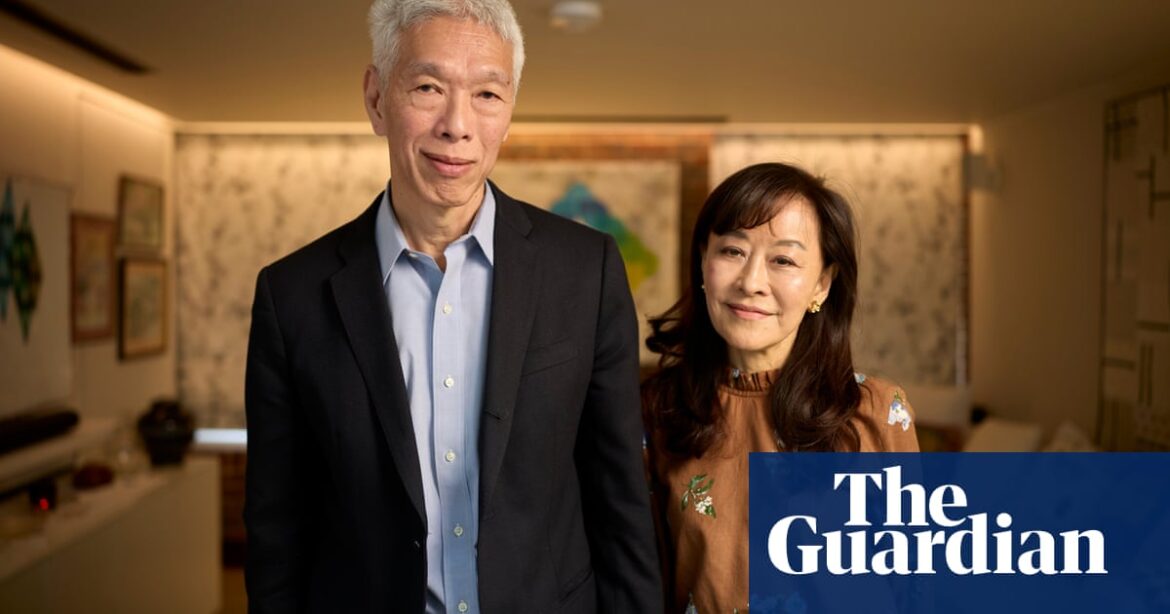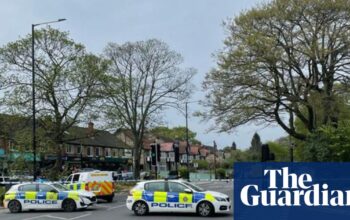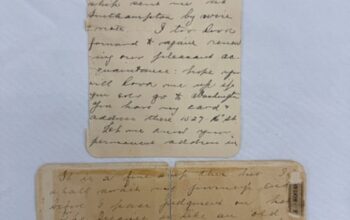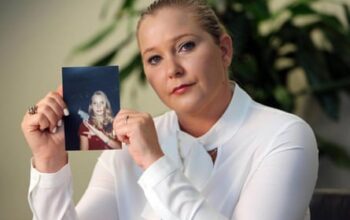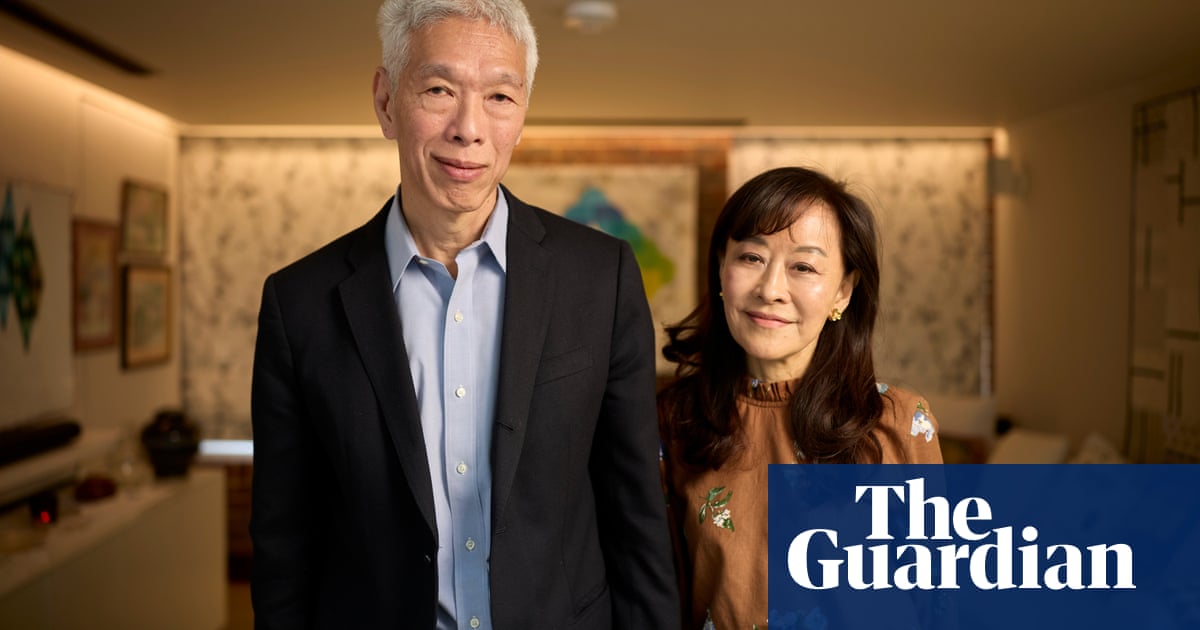
A senior member of the family that has dominated Singapore since independence has been granted asylum in the UK after fleeing what he says was a campaign of persecution.
In an exclusive interview, Lee Hsien Yang told the Guardian the authoritarian regime founded by his father turned on him as he endorsed the opposition following a family rift.
“Despite the very advanced economic prosperity that Singapore has, there’s a dark side to it, that the government is repressive,” he said. “What people think, that this is some kind of paradise – it isn’t.”
Under the rule of his brother, who was prime minister for 20 years until May, Lee Hsien Yang claims the authorities used what he called baseless allegations against him, his wife and his son to bring a series of legal actions. These “escalated to the point where I believe for my own personal safety I should not continue to live in Singapore”.
In a system that brooks little dissent, a ruling elite that prides itself on its reputation for probity is rarely denounced so thoroughly – especially by one of its own.
Singapore’s financial system has in recent years repeatedly played a part in international corruption scandals. Lee Hsien Yang said: “People need to look beyond Singapore’s bold, false assertions and see what the reality really is like.”
He added: “There is a need for the world to look more closely, to see Singapore’s role as that key facilitator for arms trades, for dirty money, for drug monies, crypto money.”
A Singapore government spokesperson said the country had “a robust system to deter and tackle money laundering and other illicit financial flows”, pointing to its favourable ranking in Transparency International’s corruption perception index, well above the UK.
Duncan Hames, director of policy at Transparency International UK, said: “As Britain knows all too well, countries can look like they don’t have a domestic corruption problem yet still play a key role in enabling corrupt networks elsewhere. Singapore’s regional role as a major financial hub makes it attractive to those seeking to move or hide illicit funds, especially from a relatively high-risk neighbourhood.”
It was Lee Hsien Yang’s father, Lee Kuan Yew, who transformed Singapore from its volatile origins in poverty and joblessness into an economic powerhouse. As prime minister from 1959, he secured the former British colony’s independence.
But his rule also brought the jailing of hundreds of opposition figures, the curtailment of press and social freedoms, and the establishment of effective one-party rule. He has been described as “the democratic world’s favourite dictator”.
After he stepped down in 1990, he retained significant influence as senior minister until 2004. That year, his eldest child, Lee Hsien Loong, became prime minister, holding the position for two decades until this May. Like his father, he has ensured continued sway by taking the role of senior minister in the cabinet. The techniques of control may be subtler but Human Rights Watch still describes the country as “overwhelmingly repressive”.
That view is shared by the founding father’s younger son. After studying at Cambridge, Lee Hsien Yang served in the military, retiring as a brigadier, then took leadership positions at some of Singapore’s biggest private companies.
Speaking to the Guardian in the UK, where he is now officially a refugee, he said: “What’s sad is Singapore puts out this facade which is very shiny and it says we are very good with rule of law, we have developed society. And yet at the core we retain these repressive measures. And many of them did come from the time my father was prime minister and from the time it was a British colony.”
The patriarch’s death in 2015 triggered a family rift over what to do with his home. Disdainful of monuments to dead leaders, Lee Kuan Yew had long said he wanted it demolished once his daughter no longer lived there. She accepted this, as did Lee Hsien Yang.
But Lee Hsien Loong, then prime minister, claimed their father had been open to the government deciding what to do with the house. He says he has recused himself from matters relating to the house.
“It is clear that the current generation [of leaders] will try very hard to create attachments to Lee Kuan Yew,” said Sudhir Vadaketh, the editor of Jom, a weekly magazine on Singapore. “Lee Kuan Yew is the golden goose of legitimacy.”
The disagreement over the house escalated into a series of legal proceedings. In 2017, Lee Hsien Yang’s son was accused of “scandalising the judiciary” over comments made on Facebook in which he said that Singapore had a “pliant court system”. He was fined 15,000 Singapore dollars. In 2018, Singapore’s attorney general filed disciplinary action against Lee Hsien Yang’s wife, Lee Suet Fern, a successful corporate lawyer. She was accused of acting improperly in relation to her father-in-law’s will and suspended for 15 months. The couple are also under investigation for alleged perjury.
In 2020, Lee Hsien Yang joined an opposition party. He told the Guardian he believed the current allegations were politically motivated attempts to destroy him. He also said he had been among the targets of Singapore’s “very extensive surveillance system”. He was granted asylum in August, two years after leaving Singapore for the UK. “I think it is an acknowledgment that Singapore has been persecuting me,” Lee Hsien Yang said.
Asked about his brother’s role, he said: “In my opinion, in a tightly controlled country like Singapore, these kinds of actions could not have happened without the agreement and acquiescence of Lee Hsien Loong.”
The government spokesperson said Lee Hsien Yang and his family “are and have always been free to return to Singapore”. Allegations that they are victims of “baseless” and “unfounded” persecution were itself without basis, the spokesperson said. “The legal findings [against Lee Hsien Yang] are amply supported by well-documented and public findings of an independent judiciary.”
The spokesperson added: “In Singapore, no one is above the law. Anyone, including the offspring of the founding prime minister … can be investigated and brought before the courts.”
Source: theguardian.com
